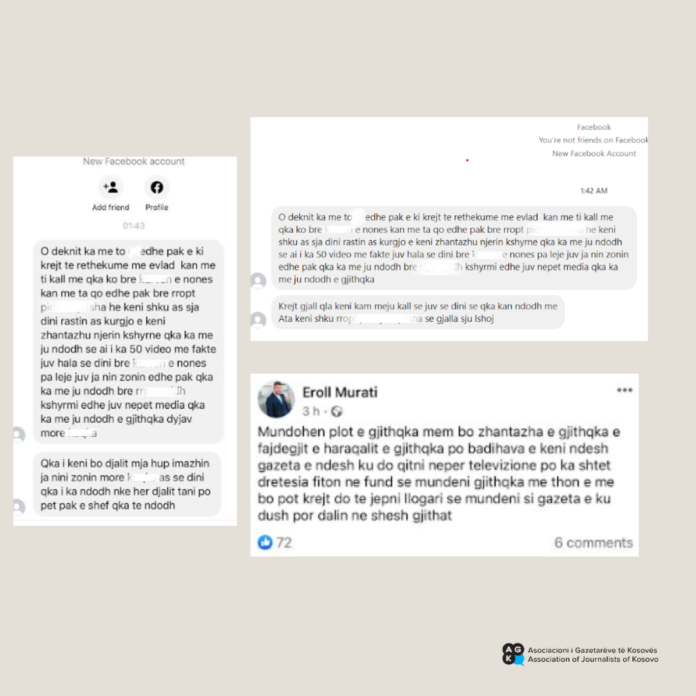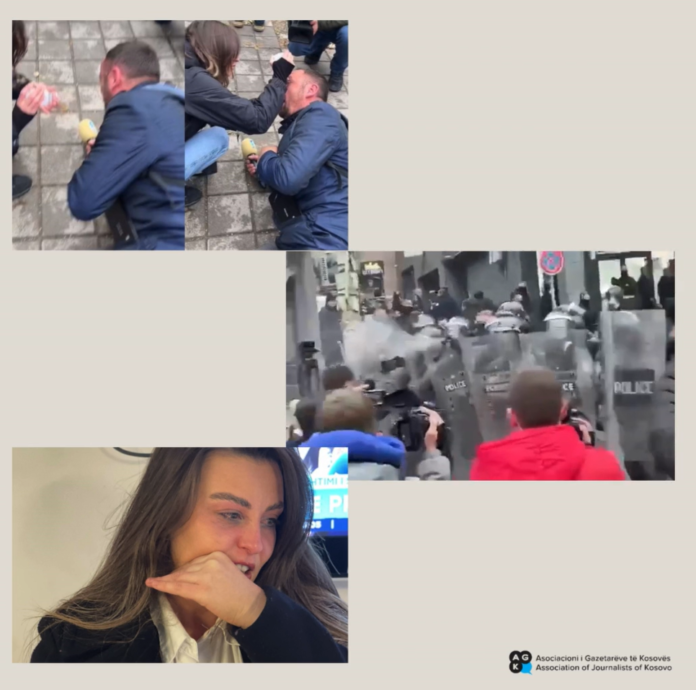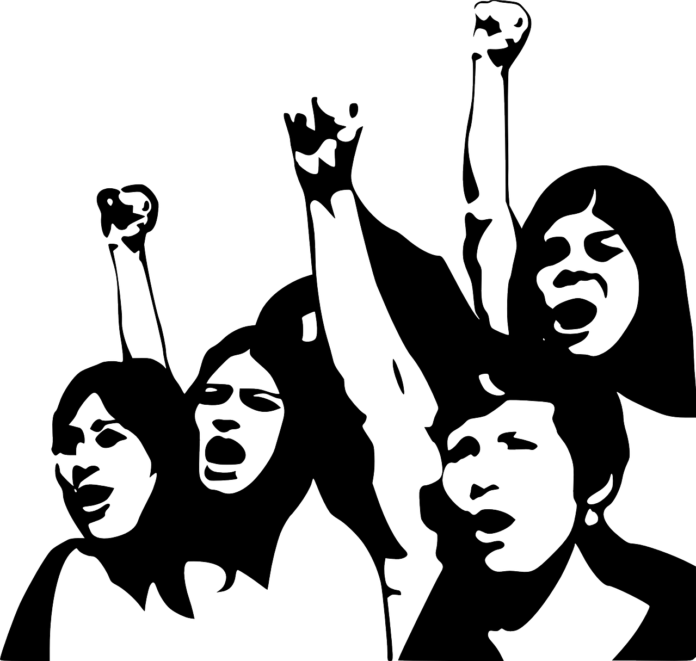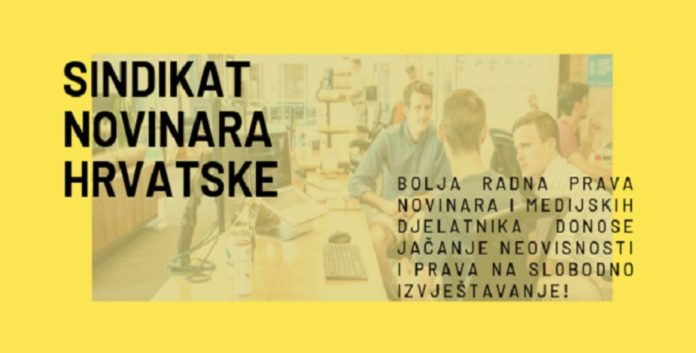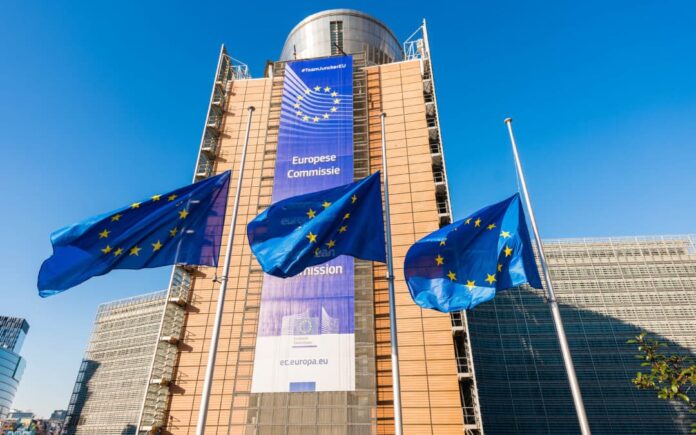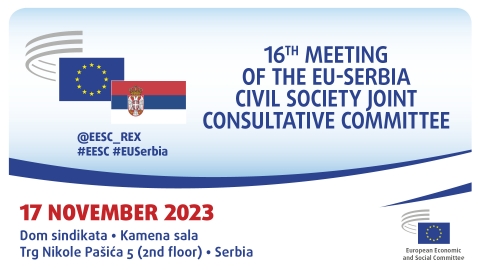PODGORICA, 27.11.2023. – Montenegro retained the third place in the region in the Western Balkan Journalists’ Safety Index for 2022, with a score of 3.35, it was announced by the Trade Union of Media of Montenegro (SMCG) at the presentation of research that, in addition to Montenegro, also includes Croatia, Bosnia and Herzegovina, Serbia, Kosovo, Albania and North Macedonia.
Marijana Camović Veličković, vice-president of the SMCG and co-author of the Index, noted that Montenegro recorded a slight decline compared to 2021, when the final score was 3.4.
“During 2022, 28 attacks and threats against journalists and media were registered in Montenegro, while the Police Directorate registered 21 cases. This speaks to the fact that a quarter of the cases that occur are not reported to the official authorities. Mostly, all lighter cases from previous years are solved in a very short time, and among the verdicts, there were prison sentences,” said Camović Veličković.
As she said, the effectiveness of investigations into attacks on journalists and media property is still a big problem, given that investigations of more serious cases are long-term, slow and those cases remain unsolved.
This happened in the most serious cases, such as the murder of the editor-in-chief of the newspaper Dan Duško Jovanović and the wounding of journalist Olivera Lakić,” she said.
Camović Veličković warned that the practice of criticizing the work of certain media outlets and the journalists employed in them by the high officials has continued.
According to her, changes to the Criminal Code improved the preventive protection of journalists and other media workers, but there is no preventive work within the newsrooms and risk assessments are not carried out before sending teams to the field, especially before high-risk events.
“The rights of journalists and their safety are significantly threatened during reporting from protests and large gatherings. Any political and social instability makes journalists and other media workers more sensitive and vulnerable to attacks,” said Camović Veličković.
She said that the socio-economic position of media workers in Montenegro experienced modest progress, thanks to the increase in wages during 2022.
“Nevertheless, numerous problems that have burdened employees in the media for years are still current: unpaid overtime, overwork, lack of training and insecure jobs. The new Branch Collective Agreement, which would improve the position of employees in the media, has not yet been adopted because the employers do not want to accept the union’s proposals,” she said.
Despite, as she said, the increase brought by the “Europe now” program, SMCG research shows that the salaries of employees in the media are between the minimum and average at the national level.
It is not possible to obtain data on the number of employees, types of contracts and the number of part-time associates in the media, but estimates are made based on the available data. According to current data, 222 media outlets with slightly less than 2,000 employees are operating in the small market,” she said.
The President of the SMCG, Radomir Kračković, explained that the Journalists’ Safety Index is a unique study in the region, which is carried out under the auspices of the Safe Journalists network, and monitors changes in the social and political environment of the countries of the Western Balkans, which have a direct or indirect impact on the safety of journalists and media actors.
“This is another important research project of the Trade Union of Media, which since 2016 has been continuously monitoring cases of attacks on journalists as well as other aspects of their safety and work. The data from this research can be significant for all media actors and decision-makers in our country because the problem of attacks on journalists and the safety of journalists is still present,” he said.



